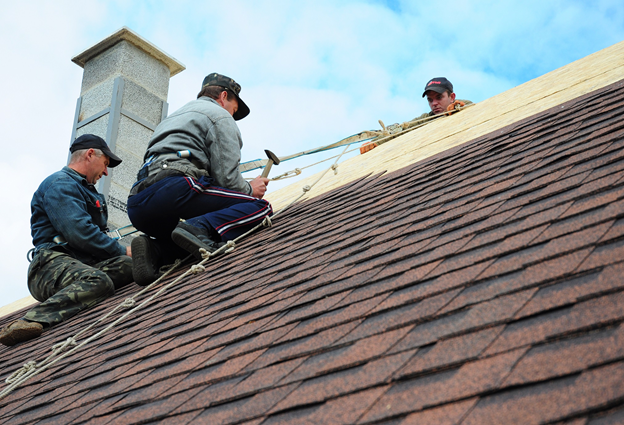While it’s not a project you want to undertake every year, homeowners must be proactive about replacing home windows. Old windows leak hot and cold air, which can cause your utility bills to skyrocket.
The right windows can increase ventilation, improve insulation, and enhance sound abatement. But the wrong windows can cause damage, pests, high energy bills, and even rot to your home’s foundation.
High Utility Bills
Old windows leak hot and cold air into and out of your home, forcing your heating and cooling systems to work harder to keep your home comfortable. Skyrocketing energy bills indicate that investing in new, more efficient windows is time.
If you are considering a replacement window installation, get multiple quotes and choose a reputable installer. Check that they have certification from a professional organization and are licensed to work on your home.
According to the EPA, replacing your windows with Energy Star-certified models can save you 12 to 13 percent on energy costs. You can also claim a tax credit for your purchase. Talk with your tax professional to learn more.
Cracked or Broken Panes
Cracked window glass is often a sign it’s time to replace the entire window. This is particularly true if the cracks result from an impact, such as hail or strong winds.
Cracks also appear over time from stress or temperature changes. Getting new windows installed will stop them from cracking in the future.
A cracked or broken window pane is not only a safety hazard and can leave your home open to further damage like water leaks, mildew, and pests, but it also reduces the window’s performance. It breaks the seal, keeping cold and hot air out.
Foggy or Cloudy Windows
Foggy, unsightly windows can lead to mold growth, mildew formation, and floor stains. They signify that the window seals have deteriorated and are letting moisture in.
Fogged windows are caused by condensation trapped between your home’s double-pane windows. An insulated glass unit (IGU) is an effective energy-efficient option, featuring a sealed air space that keeps temperatures consistent and a barrier that helps prevent heat loss.
When the IGU’s seal breaks down, moisture can get in and build up between the window panes. While you can take steps to reduce humidity in your home, including running ceiling fans and using dehumidifiers and desiccants, the best solution is to replace your old IGU.
Uncomfortable Temperatures
If your windows allow cold air to enter during winter, hot air in summer, or moisture to leak into the house, it’s time for new windows. These problems can also lead to high energy bills.
Old, inefficient windows allow drafts to enter your home and force your heating and cooling system to work harder to maintain a comfortable indoor temperature. This can result in high utility bills and damage your home’s structure and insulation.
A dysfunctional window is not only inconvenient to open and close, but it can be dangerous for young children who may accidentally get their fingers trapped in the frame or slam shut the window. New windows are designed for ease of operation and enhanced safety.
Unattractive Appearance
People who slouch or have bad posture are seen as unattractive. Standing up tall and having good posture makes you look healthy and confident. You’ll also be a lot more attractive to those around you if you take good care of your body with a diet full of nutritious foods.
Older windows may become swollen or stuck, indicating mold and rot within the frame. It’s also a sign it’s time to replace them with double-pane windows that offer better insulation and moisture protection.
Get estimates and research window brands and installers. As Consumer Reports recommends, choose an experienced contractor with a lifetime product and installation warranty. To prepare for the project, clear the workspace and remove window treatments and nearby fragile items. If you have a home security system, deactivate any alarms connected to your windows.







